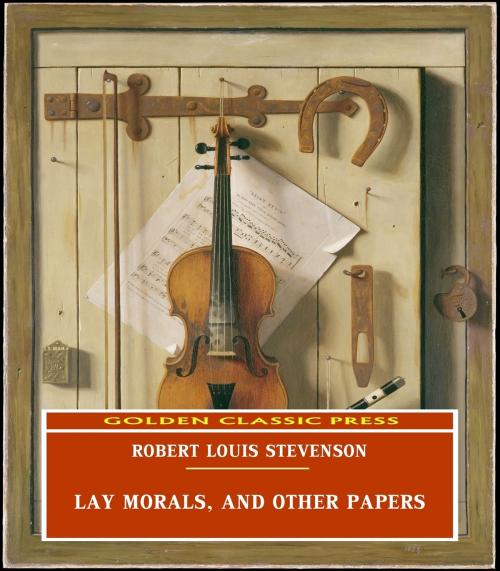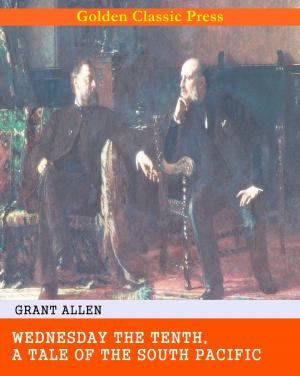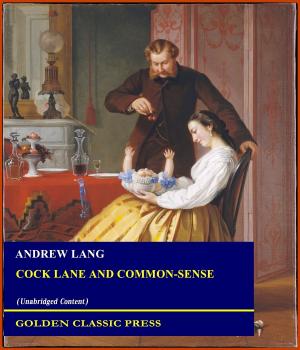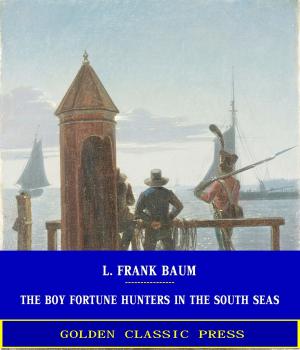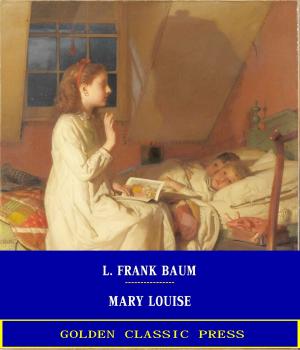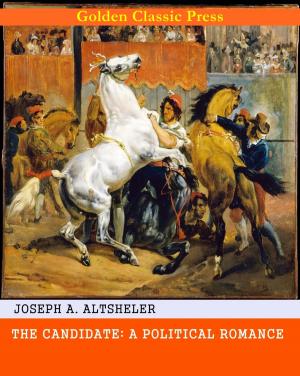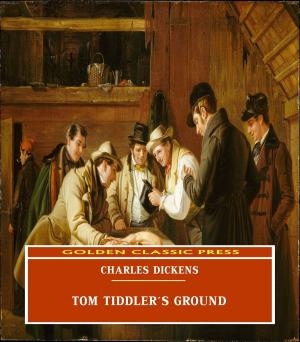| Author: | Robert Louis Stevenson | ISBN: | 1230002914688 |
| Publisher: | GOLDEN CLASSIC PRESS | Publication: | November 24, 2018 |
| Imprint: | Language: | English |
| Author: | Robert Louis Stevenson |
| ISBN: | 1230002914688 |
| Publisher: | GOLDEN CLASSIC PRESS |
| Publication: | November 24, 2018 |
| Imprint: | |
| Language: | English |
*** Original and Unabridged Content. Made available by GOLDEN CLASSIC PRESS***
Synopsis:
Lay Morals By Robert Louis Stevenson pute? 'Take no thought for the morrow.' Ask the Successful Merchant; interrogate your own heart; and you will have to admit that this is not only a silly but an immoral position. All we believe, all we hope, all we honour in ourselves or our contemporaries, stands condemned in this one sentence, or, if you take the other view, condemns the sentence as unwise and inhumane. We are not then of the 'same mind that was in Christ.' We disagree with Christ. Either Christ meant nothing, or else he or we must be in the wrong. Well says Thoreau, speaking of some texts from the New Testament, and finding a strange echo of another style which the reader may recognise: 'Let but one of these sentences be rightly read from any pulpit in the land, and there would not be left one stone of that meeting-house upon another.' It may be objected that these are what are called 'hard sayings'; and that a man, or an education, may be very sufficiently Christian although it leave some of these sayings upon one
*** Original and Unabridged Content. Made available by GOLDEN CLASSIC PRESS***
Synopsis:
Lay Morals By Robert Louis Stevenson pute? 'Take no thought for the morrow.' Ask the Successful Merchant; interrogate your own heart; and you will have to admit that this is not only a silly but an immoral position. All we believe, all we hope, all we honour in ourselves or our contemporaries, stands condemned in this one sentence, or, if you take the other view, condemns the sentence as unwise and inhumane. We are not then of the 'same mind that was in Christ.' We disagree with Christ. Either Christ meant nothing, or else he or we must be in the wrong. Well says Thoreau, speaking of some texts from the New Testament, and finding a strange echo of another style which the reader may recognise: 'Let but one of these sentences be rightly read from any pulpit in the land, and there would not be left one stone of that meeting-house upon another.' It may be objected that these are what are called 'hard sayings'; and that a man, or an education, may be very sufficiently Christian although it leave some of these sayings upon one
